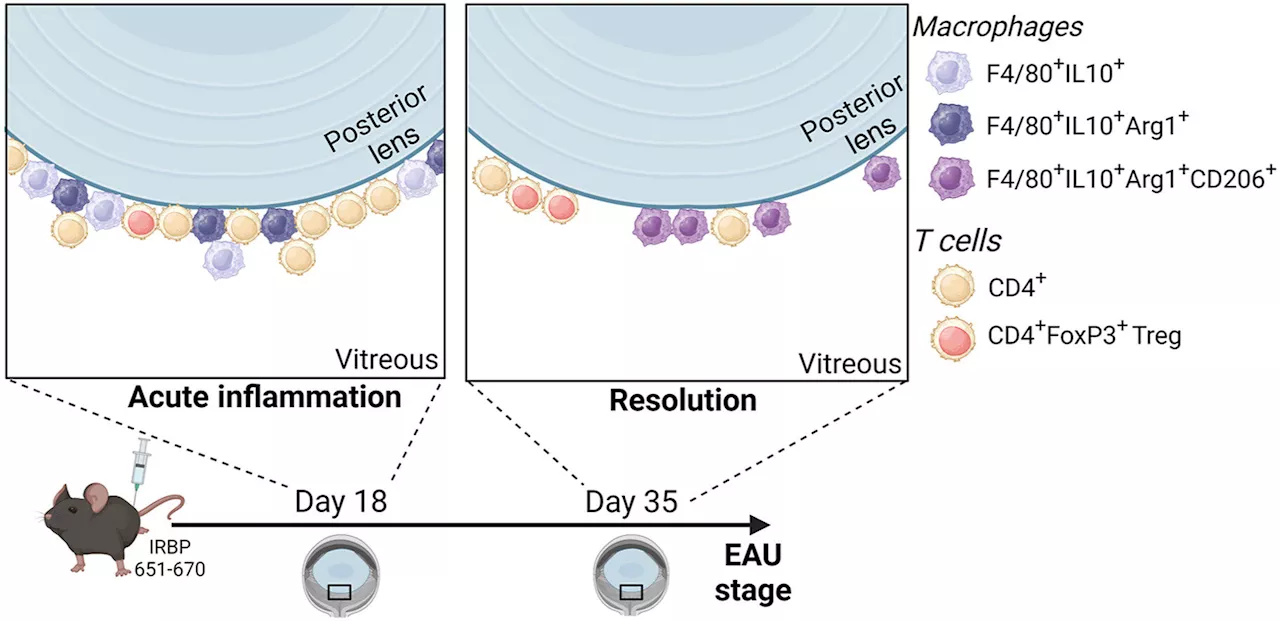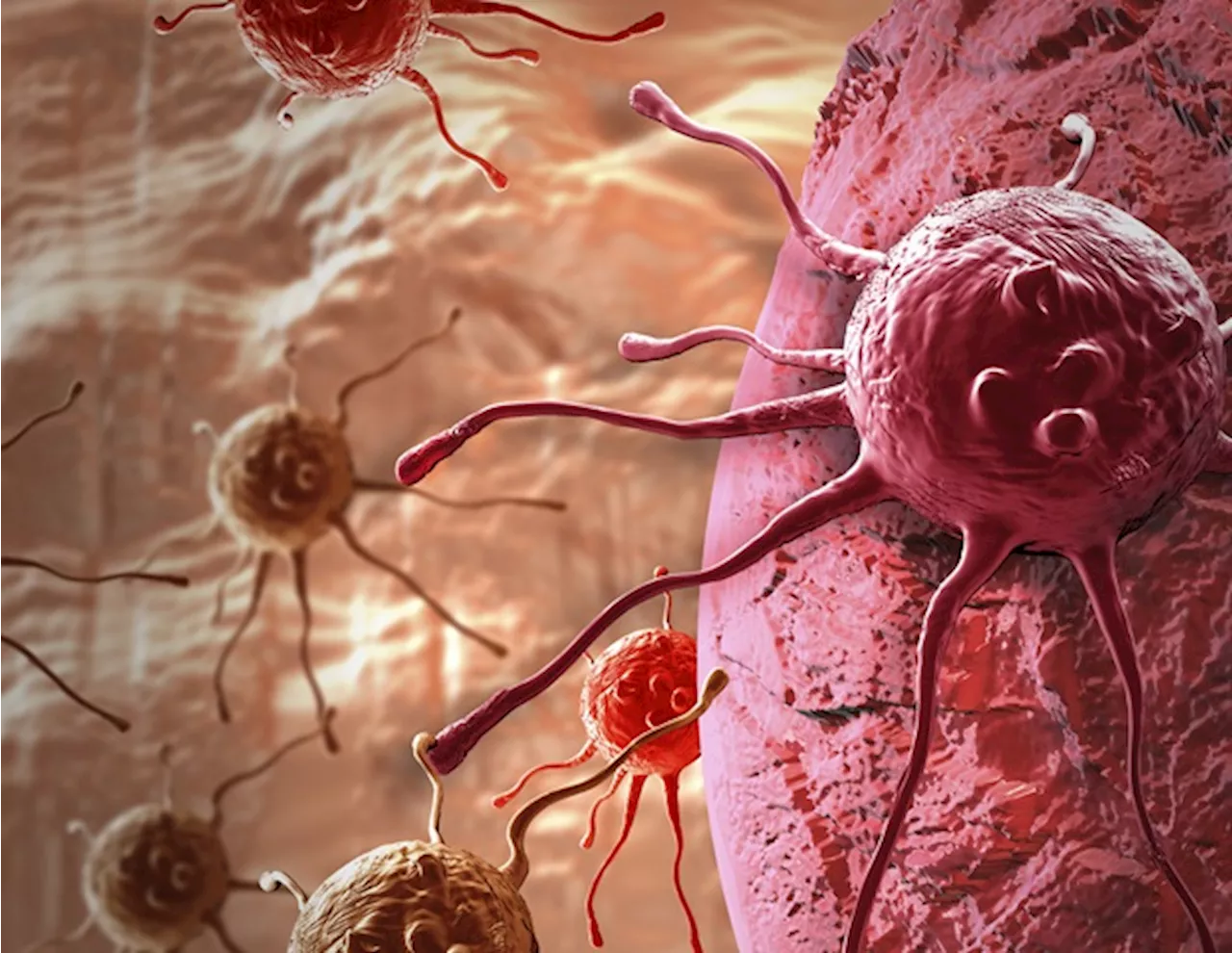Researchers at the University of California San Diego Center for Epigenomics (C4E) have developed a new technique, called Droplet Hi-C, that allows scientists to rapidly determine chromatin organization, the arrangement of genetic material within cells.
University of California - San DiegoOct 18 2024 Researchers at the University of California San Diego Center for Epigenomics have developed a new technique, called Droplet Hi-C, that allows scientists to rapidly determine chromatin organization, the arrangement of genetic material within cells. Chromatin organization influences how genes are activated in our cells and, in turn, how those cells function.
The researchers have already deployed the technique, which works by capturing individual cells in tiny droplets, to study chromatin organization in mouse brain cells and in human tumors. In the long term, Droplet Hi-C could drive the discovery of new drug targets and help explain how cancer evolves to resist treatment. The technique may also have applications in clinical settings, where it could provide personalized insights into disease progression and treatment options.
The study, published October 18 in Nature Biotechnology, was led by Bing Ren, Ph.D., director of the C4E and a professor in the Department of Cellular & Molecular Medicine at UC San Diego School of Medicine.Journal reference:Chang, L., et al. . Droplet Hi-C enables scalable, single-cell profiling of chromatin architecture in heterogeneous tissues. Nature Biotechnology. doi.org/10.1038/s41587-024-02447-1.
Biotechnology Chromatin Epigenomics Genes Genetic Medicine
United States Latest News, United States Headlines
Similar News:You can also read news stories similar to this one that we have collected from other news sources.
 Study unveils new molecular switch protecting cells from deathResearchers at LMU University Hospital have discovered a new molecular switch that protects against cell death.
Study unveils new molecular switch protecting cells from deathResearchers at LMU University Hospital have discovered a new molecular switch that protects against cell death.
Read more »
 Drexel University Researchers Share Tips for Combatting Caffeine DependenceA recent study from Drexel University highlights the increasing prevalence of caffeine dependence and provides practical advice on how to manage it. The article explores the symptoms of caffeine withdrawal, risk factors, and expert-recommended strategies for gradually reducing caffeine intake.
Drexel University Researchers Share Tips for Combatting Caffeine DependenceA recent study from Drexel University highlights the increasing prevalence of caffeine dependence and provides practical advice on how to manage it. The article explores the symptoms of caffeine withdrawal, risk factors, and expert-recommended strategies for gradually reducing caffeine intake.
Read more »
 Quantum computers 'like magic', say Oxford university researchersResearchers from Oxford University’s physics department are among those developing quantum computing.
Quantum computers 'like magic', say Oxford university researchersResearchers from Oxford University’s physics department are among those developing quantum computing.
Read more »
 Researchers identify new oscillatory patterns in COVID-19 cases across the U.S.Researchers discovered previously unrecognized oscillatory trends in COVID-19 cases across the U.S., particularly a north-south oscillation around the 37°-38° north latitude. These patterns highlight the complexity of pandemic dynamics and the importance of understanding regional disease transmission.
Researchers identify new oscillatory patterns in COVID-19 cases across the U.S.Researchers discovered previously unrecognized oscillatory trends in COVID-19 cases across the U.S., particularly a north-south oscillation around the 37°-38° north latitude. These patterns highlight the complexity of pandemic dynamics and the importance of understanding regional disease transmission.
Read more »
 Researchers publish critical examination of new brain tumor drugTwo researchers from the Icahn School of Medicine at Mount Sinai recently published their critical evaluation of a new brain tumor medicine in the journal Nature Reviews Clinical Oncology.
Researchers publish critical examination of new brain tumor drugTwo researchers from the Icahn School of Medicine at Mount Sinai recently published their critical evaluation of a new brain tumor medicine in the journal Nature Reviews Clinical Oncology.
Read more »
 Researchers discover new role of immune cells in eye healthThe eye is an immune-privileged tissue because of the need to keep blood vessels away from the central pathway of light and to restrict entry of inflammatory cells that could cause damage. This has prompted questions about how the eye manages inflammation when it occurs.
Researchers discover new role of immune cells in eye healthThe eye is an immune-privileged tissue because of the need to keep blood vessels away from the central pathway of light and to restrict entry of inflammatory cells that could cause damage. This has prompted questions about how the eye manages inflammation when it occurs.
Read more »
